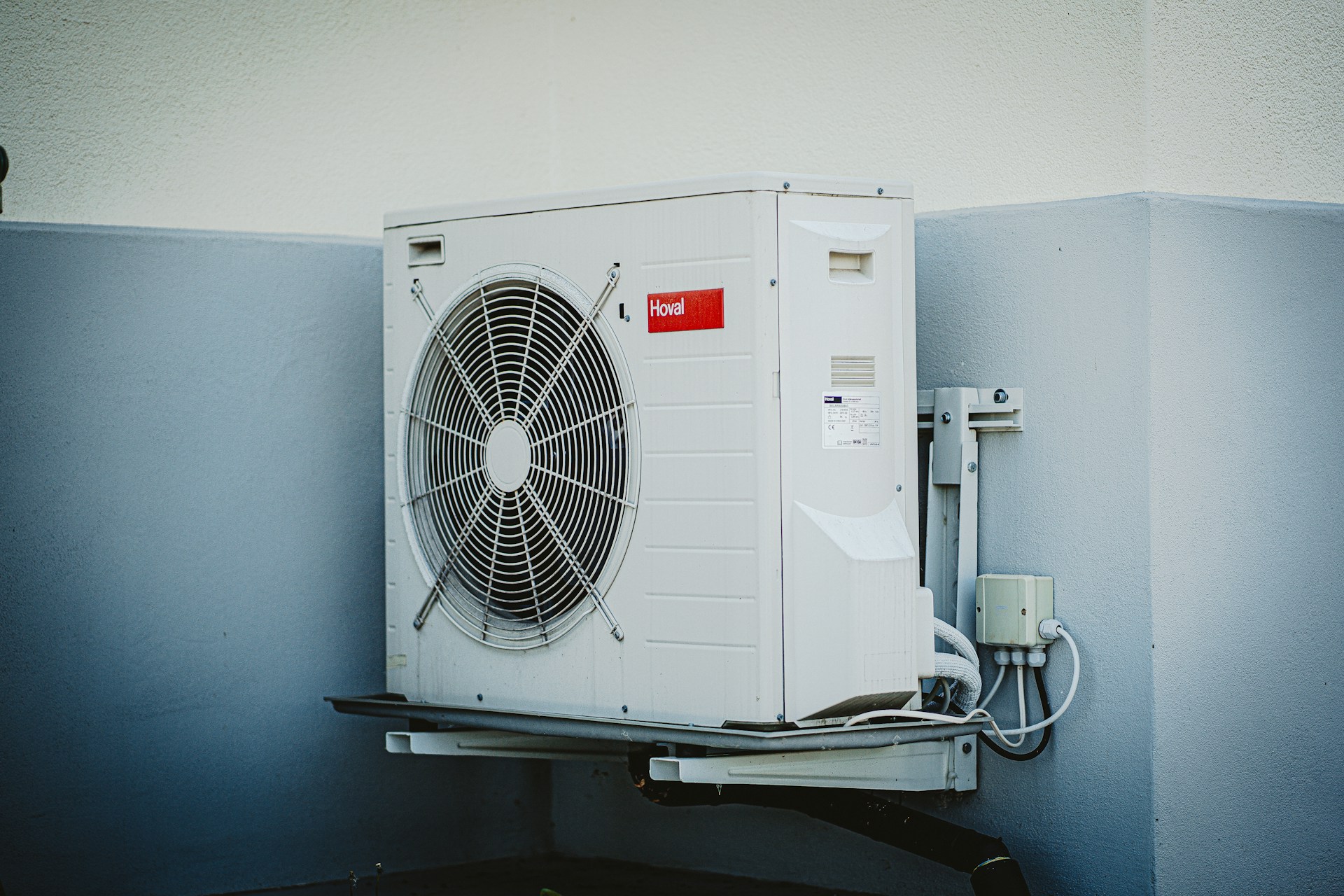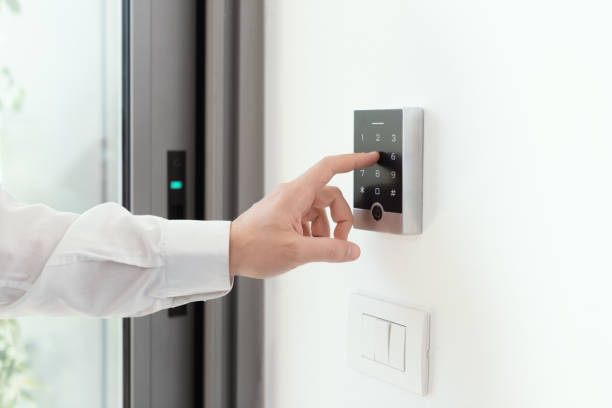Key Takeaways:
- Recognize when it is time for air conditioning replacement.
- Understand factors that extend or decrease your AC unit’s service life.
- Maximize the performance and lifespan of your air conditioner with simple tips.
- Stay informed on modern advancements and energy-efficient features in air conditioning technology.
Table of Contents:
- Introduction to AC Unit Lifespan
- Recognizing the Signs of Aging in Your AC System
- Key Factors Impacting Air Conditioner Longevity
- The Advantages of Upgrading Your AC System
- Efficient Maintenance Strategies for AC Longevity
Contents
Introduction to AC Unit Lifespan
A question that plaques many homeowners is, “How long should my air conditioner last?” While the expected lifespan of an air conditioning system can average between 10 to 15 years, many factors come into play that can extend or cut short this timeline. It is crucial to purchase a unit that suits your needs and understand the maintenance and care required to maximize your investment. In this article, we discuss the typical lifecycle of an AC unit, provide signs for identifying ailing units, detail when to consider air conditioning replacement, and explore the advancements in air conditioning technology that benefit the modern homeowner.
Recognizing the Signs of Aging in Your AC System
Acknowledging the age of your air conditioner is vital. A discernible reduction in efficiency, as evidenced by escalating energy bills and inadequate cooling, are telltale signs that your system is past its prime. You may also notice peculiar sounds or smells from the unit, indicating internal issues. As components wear out, the frequency of repairs escalates, resulting in higher costs and more significant inconvenience. A wise homeowner keeps a watchful eye for these symptoms and plans for an impending air conditioning installation.
Key Factors Impacting Air Conditioner Longevity
The longevity of your air conditioner can be significantly influenced by factors such as the environment in which it operates. Units in milder climates may last longer than those subjected to harsher conditions. Similarly, the frequency and quality of maintenance checks are crucial; neglected systems are prone to premature failure. The size of your unit also matters – an undersized air conditioner will work harder to cool your space, which can lead to a shortened lifespan. Regularly serviced and well-sized systems stand a better chance of reaching or surpassing their expected longevity.
The Advantages of Upgrading Your AC System
Replacing an outdated AC unit is not just a necessary expense; it carries many benefits. Modern air conditioners are more energy-efficient, often resulting in lowered utility bills. These benefits are further enhanced by cutting-edge technologies like programmable thermostats and zoning capabilities that enable more accurate temperature management and reduced energy use. Ushering in a new cooling age also ensures improved indoor air quality, offering you and your family a healthier living environment.
Efficient Maintenance Strategies for AC Longevity
Effective maintenance extends well beyond the simple cleaning of filters. Homeowners should engage in annual professional checks to ensure all components are running optimally, thus preventing the escalation of minor issues into full-blown repairs. It’s also essential to ensure proper installation at the outset, as poorly installed systems are more prone to problems down the line. Understanding and adhering to these strategies can significantly improve the odds of your AC system living a long, productive life.



